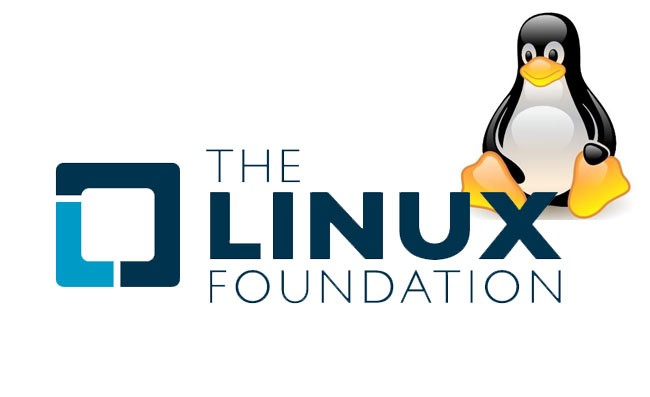The Linux Foundation, a trade association formed nine years ago to represent and promote open-source operating system Linux, will no longer allow community members to elect or be elected to join its board of directors.
The majority of the organisation’s board is made up of directors representing its nine platinum members – including Oracle, Fujitsu, HP, Intel, IBM and Samsung – which donate $500,000 per year.
Traditionally, the remaining directors were chosen by a few gold and silver members – which pay $100,000 and up to $20,000 per year, respectively – and two people elected among the organisation’s vast pool of individual members, who pay $99 per year.
By allowing individual members onto the board, the idea was to provide community representation in decisions that impact all of the Linux Foundation’s stakeholders, as opposed to just its 261 corporate members.
>See also: Jim Whitehurst: the evolution of open source
However, on January 15, the Linux Foundation dropped the clause in its bylaws that permitted individual members to elect any board directors.
Previously, section 3.3 of the organisation’s bylaws, covering “limitations on voting rights of members”, said “no class or classes of Affiliates shall have the right or be entitled to vote in the election of any directors, provided that this limitation on voting shall not prevent one or more Affiliate classes from recommending or appointing one or more At-Large Directors”.
However, as of January 15, the second half of that sentence has been removed, as has the paragraph that gave individual members “the right to appoint two At-Large Directors” in section 5.3, which covers “composition of board of directors”.
Meanwhile, the Linux Foundation has renamed its “Individual Membership” programme as the “Individual Supporter” programme, and removed the ability to stand for and participate in board elections in the list of benefits.
The news has caused anger among the Linux Foundation’s community members, who contribute much of Linux’s code.
Reddit user Berberberber said: “It’s a sign of Linux as a wider field of interest becoming more political. The Linux Foundation does a lot of advocacy work, training, certifications, and event organizing, and while they’re not likely to stop paying Linus or hosting kernel.org, I wouldn’t be surprised if this had a rather chilling effect on the types of topics that are involved in these things.”
Another Reddit user, DataEngineer, added: “I am up in arms over their decision to drop the ‘Individual Affiliate’ program for ‘Individual Supporter’ which seems like some sort of political play focused on funneling money away from supporting Linux and into grass roots ‘diversity and accessibility’ programs.
>See also: Five years open: the trials and tribulations of OpenStack
“Basically, if you support the Linux Foundation, you should strongly reconsider. Whatever turnover in the leadership there seems to have resulted in the pushing of various political agendas focused on pie in the sky ‘diversity’ and ‘accessibility’ goals rather than protecting, growing, and improving Linux. Which is the whole point of having a Linux Foundation in the first place.
“I don’t intend to continue supporting them and will do everything I can to push my corporate leadership away from supporting them until they get their act straight.”
Information Age has contacted the Linux Foundation for comment.










